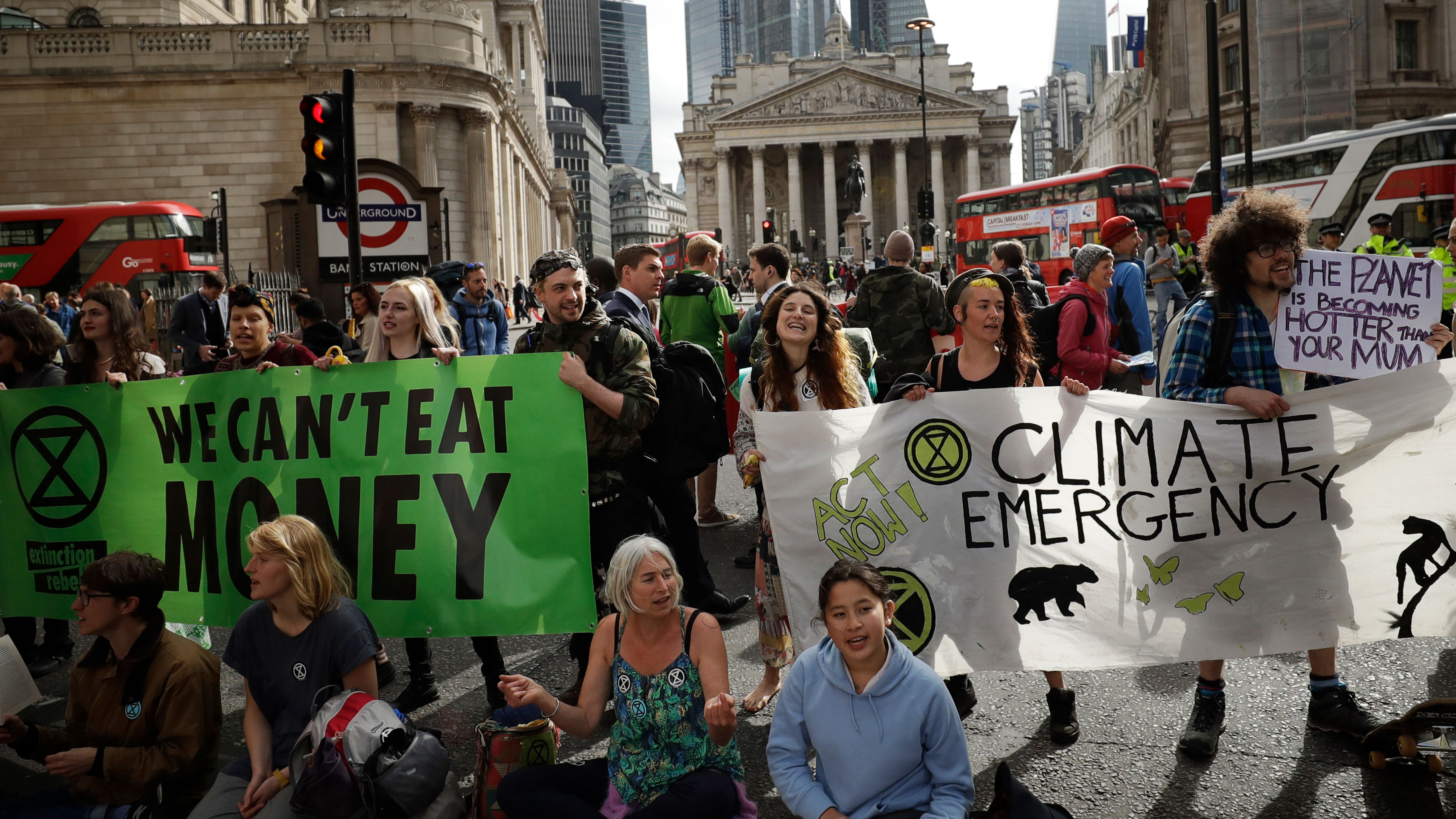The UK plans to cut greenhouse-gas emissions to net zero by 2050

It’s the most ambitious target set by any major economy.
The news: The UK government has set a new target of net zero greenhouse-gas emissions by 2050. “Net” zero means balancing emissions with carbon removal or carbon offsetting. The UK was already planning to cut emissions 80% by 2050, thanks to a 2008 law, but that legislation will be updated to reflect the more ambitious goal. Some other countries have been even more ambitious, including Finland, which has a 2035 target, and Norway, which aims to reach net zero by 2030.
How will it achieve it? It won’t be easy. The UK was already not on track to hit its previous, easier target. The new target will require vast, wholesale changes to the UK’s economy and a huge effort by the country’s politicians, who are currently in crisis over Brexit.
For an idea of some of the needed changes, read the recent report from the UK’s Committee on Climate Change, which suggested phasing out all new petrol and diesel cars by 2035 and getting households to switch from natural gas to low-carbon alternatives.
Reaction: Despite the plan’s ambitious nature, many think it doesn’t go far enough. Climate activist group Extinction Rebellion has said that 2050 is too late to make a difference. Greenpeace praised the plan’s intent but told the Guardian that “trying to shift the burden to developing nations through international carbon credits undermines that commitment.”
But remember: The UK, responsible for 1.2% of global emissions, is dwarfed by China and the US, which make up nearly 40% of global emissions between them. Both will need to commit to reducing emissions drastically if there’s even a slim hope of avoiding going above 1.5 °C of global warming.
Sign up here to get your dose of the latest must-read news from the world of emerging tech in our daily newsletter The Download.
Deep Dive
Climate change and energy
The problem with plug-in hybrids? Their drivers.
Plug-in hybrids are often sold as a transition to EVs, but new data from Europe shows we’re still underestimating the emissions they produce.
Harvard has halted its long-planned atmospheric geoengineering experiment
The decision follows years of controversy and the departure of one of the program’s key researchers.
Why hydrogen is losing the race to power cleaner cars
Batteries are dominating zero-emissions vehicles, and the fuel has better uses elsewhere.
Decarbonizing production of energy is a quick win
Clean technologies, including carbon management platforms, enable the global energy industry to play a crucial role in the transition to net zero.
Stay connected
Get the latest updates from
MIT Technology Review
Discover special offers, top stories, upcoming events, and more.